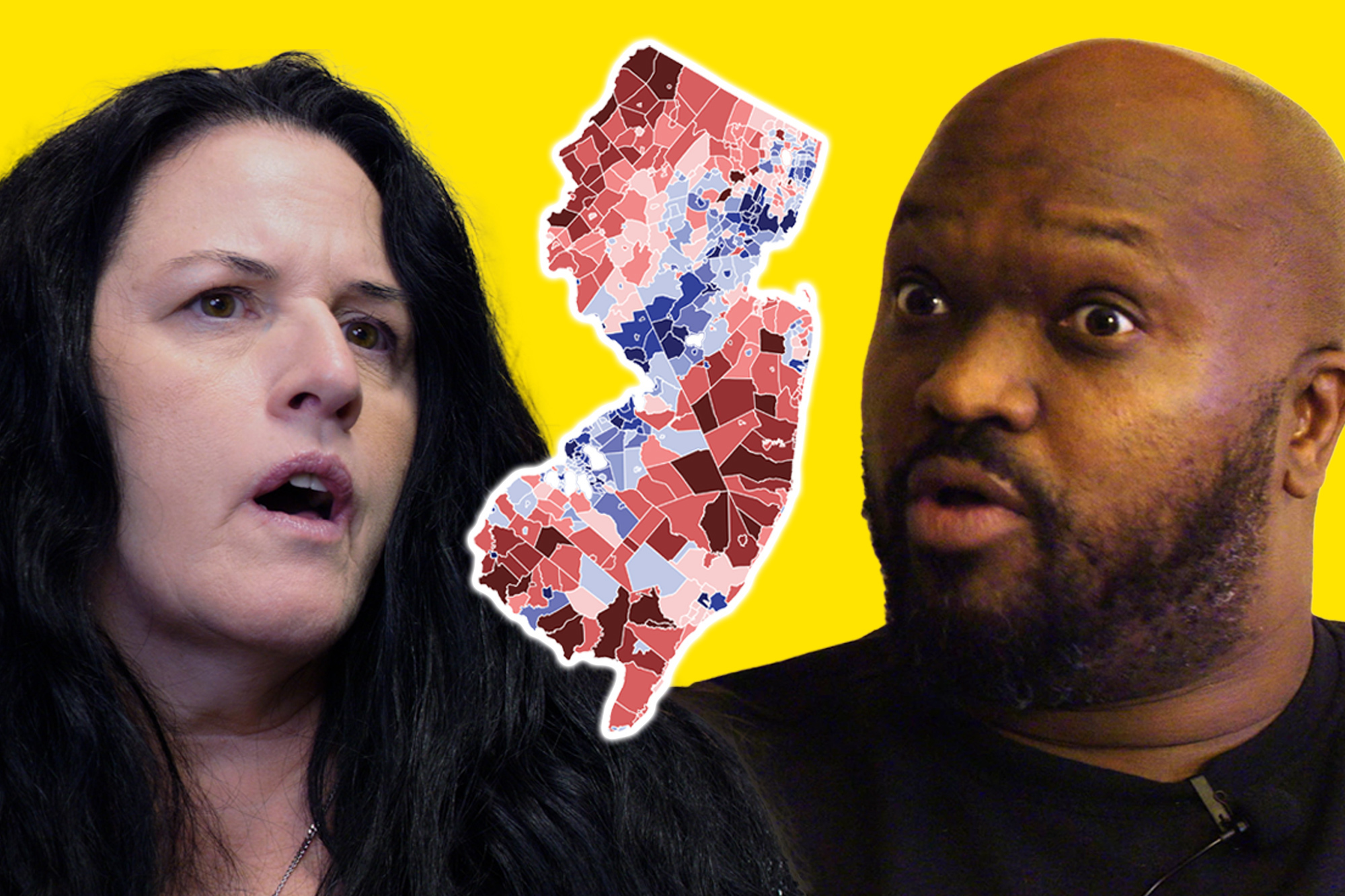Business
New Jersey Shifts Political Landscape Ahead of Gubernatorial Vote

New Jersey voters are showing signs of shifting political allegiances as they approach the gubernatorial election scheduled for November 4, 2023. Historically a stronghold for the Democratic Party, the state is witnessing increasing discontent among its residents, primarily driven by rising costs of living and a growing migrant crisis. This election could mark a significant turning point in the Garden State’s political landscape.
A recent poll indicates that a substantial portion of New Jersey voters, approximately 55%, express dissatisfaction with the current administration, led by Governor Phil Murphy. Issues such as escalating energy bills, high insurance rates, and the affordability of housing are at the forefront of voters’ concerns. These factors have contributed to a growing sentiment that the state, long viewed as a bastion of Democratic values, may be leaning towards the Republican Party.
The New Jersey Democratic State Committee has acknowledged these challenges, emphasizing the importance of addressing constituent concerns in the lead-up to the election. In contrast, the New Jersey Republican State Committee is capitalizing on this discontent, framing the election as a chance for voters to demand change. Republican candidates are focusing their campaigns on promises to reduce costs, improve public safety, and address the influx of migrants, which they argue is straining state resources.
As candidates prepare for the final weeks of campaigning, debates are expected to highlight these pressing issues. Political analysts suggest that the outcome of this election could not only reshape New Jersey’s governance but also serve as a bellwether for broader political trends across the United States.
In a state where Democrats have traditionally dominated, the shift in voter sentiment raises questions about the effectiveness of current policies and the future direction of the party. Many residents are looking for solutions that directly address their daily struggles, and candidates will need to present clear, actionable plans to win their support.
As the election date approaches, both parties are ramping up their efforts to connect with voters. Town halls, community events, and social media campaigns are critical strategies being employed to engage constituents and sway undecided voters. The stakes are high, and the outcome remains uncertain as New Jersey prepares for what could be a nail-biting election.
In a landscape marked by economic challenges and evolving political dynamics, the upcoming gubernatorial race will be closely watched, not only for its immediate implications but also for its potential to reflect wider national trends. New Jersey stands at a crossroads, and the decisions made by its voters could resonate far beyond state lines.
-

 Science4 weeks ago
Science4 weeks agoALMA Discovers Companion Orbiting Giant Red Star π 1 Gruis
-

 Top Stories2 months ago
Top Stories2 months agoNew ‘Star Trek: Voyager’ Game Demo Released, Players Test Limits
-

 Politics2 months ago
Politics2 months agoSEVENTEEN’s Mingyu Faces Backlash Over Alcohol Incident at Concert
-

 World2 months ago
World2 months agoGlobal Air Forces Ranked by Annual Defense Budgets in 2025
-

 World2 months ago
World2 months agoMass Production of F-35 Fighter Jet Drives Down Costs
-

 World2 months ago
World2 months agoElectrification Challenges Demand Advanced Multiphysics Modeling
-

 Business2 months ago
Business2 months agoGold Investment Surge: Top Mutual Funds and ETF Alternatives
-

 Science2 months ago
Science2 months agoTime Crystals Revolutionize Quantum Computing Potential
-

 Top Stories2 months ago
Top Stories2 months agoDirecTV to Launch AI-Driven Ads with User Likenesses in 2026
-

 Entertainment2 months ago
Entertainment2 months agoFreeport Art Gallery Transforms Waste into Creative Masterpieces
-

 Business2 months ago
Business2 months agoUS Government Denies Coal Lease Bid, Impacting Industry Revival Efforts
-

 Health2 months ago
Health2 months agoGavin Newsom Critiques Trump’s Health and National Guard Plans









